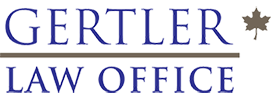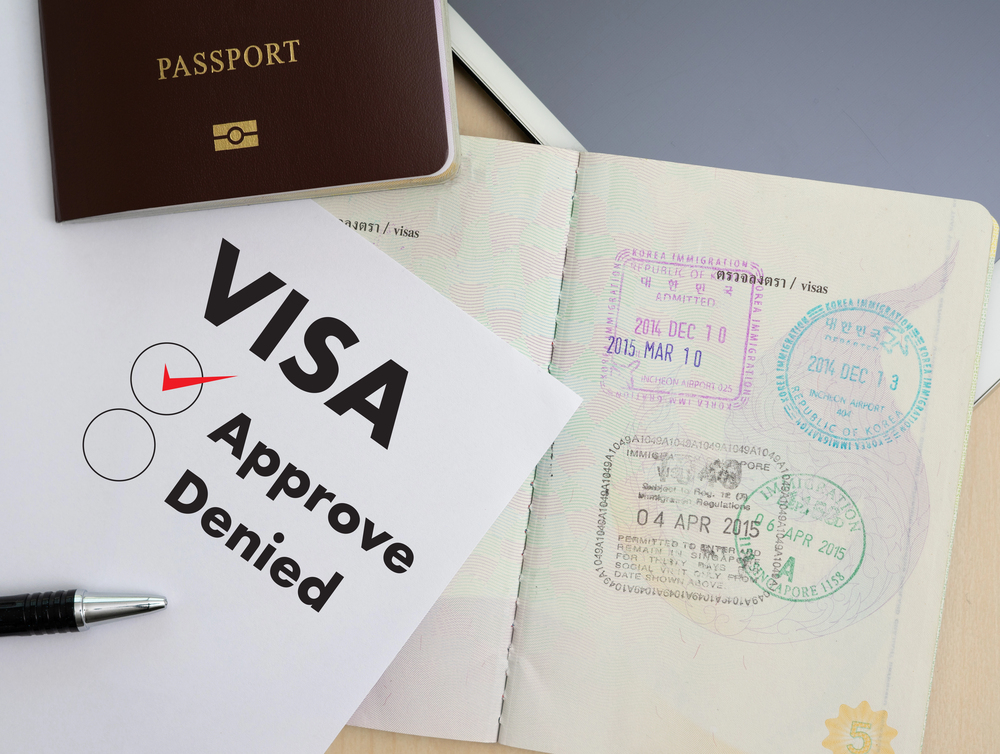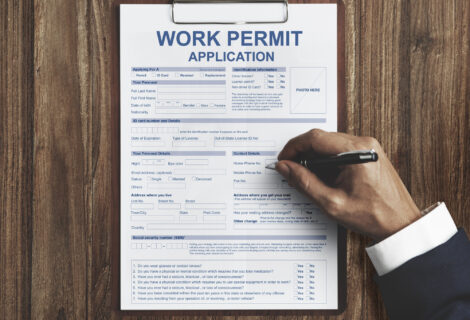10 Essential Tips for a Successful Canadian Temporary Resident Visa (TRV) Application
Applying for a Temporary Resident Visa (TRV) to Canada? Whether you’re navigating the process independently or with the help of a Canadian immigration consultant, success requires preparation and attention to detail. These 10 essential Temporary Resident Visa application tips can help streamline the process for you or your clients.
1. Clearly Define the Visit Purpose
Explain your visit purpose clearly and in detail, whether for tourism, family reunions, business, study, or work. Provide supporting documents such as an invitation letter, travel itinerary, or enrollment confirmation for Study Permit (SP) applications. For Work Permit (WP) applications, include an offer letter or employer contract. If attending an event, attach a registration or confirmation letter to bolster your application.
2. Demonstrate Strong Ties to Your Home Country
Immigration officers prioritize applicants who show compelling reasons to return home. Strengthen your application by documenting your family connections, employment, education, or property ownership. For instance, submit property deeds or rental agreements, employer letters detailing your position and leave approval, and evidence of dependents who rely on you.
3. Provide Evidence of Travel History
Highlight past travel to countries with stringent visa requirements (e.g., U.S., U.K., or Schengen Area) to showcase compliance with international travel rules. Include copies of previous visas to establish credibility as a responsible traveller.
4. Emphasize Stable Employment
Demonstrate stable employment by submitting recent pay stubs, employment letters, or contracts. An employer letter should clearly outline your role, salary, and approved leave dates, reinforcing your ties to your home country. Documentation like this reassures immigration officers that you intend to return home.
5. Demonstrate Financial Preparedness
Prove you can finance your stay without relying on Canadian resources by providing bank statements for the past six months, tax returns, or letters from sponsors if someone else is funding your trip. Ensure the documentation reflects enough funds to cover your travel, accommodation, and daily expenses.
6. Support Your Travel Reason with Documentation
Strengthen your application by including additional proof of your purpose for visiting. For example, attach hotel bookings, event confirmations, or invitation letters that specify the nature of the event or relationship. Clearly outline the dates and activities of your visit in your itinerary for added transparency.
7. Double-Check All Forms
Review forms carefully to ensure all required fields are completed, correct spelling, and signatures everywhere needed. Even minor omissions or errors can lead to delays or rejections. Consultants often ensure that all forms comply with Immigration, Refugees, and Citizenship Canada (IRCC) standards, saving time and avoiding unnecessary complications.
8. Submit All Required Supporting Documents
Missing documents are one of the most common reasons for visa refusals. Use the IRCC’s checklist to ensure your submission includes key items such as proof of accommodation, travel plans, and financial documentation. If you’re visiting family or friends, include a detailed letter from your host specifying their address and your relationship.
9. Address Previous Visa Refusals Proactively
If you’ve had prior visa refusals, address them openly with a letter of explanation. Detail the reasons for the earlier refusal and provide evidence of how circumstances have changed, or issues have been resolved. Being transparent helps establish trust with immigration officers and strengthens your current application.
10. Respond Promptly to Requests from IRCC
Immigration officers may request additional documents or clarifications. Monitor emails or the IRCC portal regularly and respond quickly—ideally within 24-48 hours. Keeping all supporting documents organized and accessible ensures you can promptly address requests, speeding up the application process.
Partner with a Trusted Immigration Attorney in Toronto
Navigating Canada’s immigration system can be complex, especially in visa refusals or appeals cases. At Gertler Law Office, we specialize in helping clients resolve challenging cases with personalized guidance. Based in Toronto and serving clients across Canada, we provide strategic support to direct applicants and referrals from immigration consultants.
For expert Canadian immigration attorney assistance, visit www.gertlerlawoffice.com, email Robert Gertler at robert@gertler.ca or call us at 416-231-9188. Let us confidently help you or your clients achieve their Canadian immigration goals and resolve any visa roadblocks.






